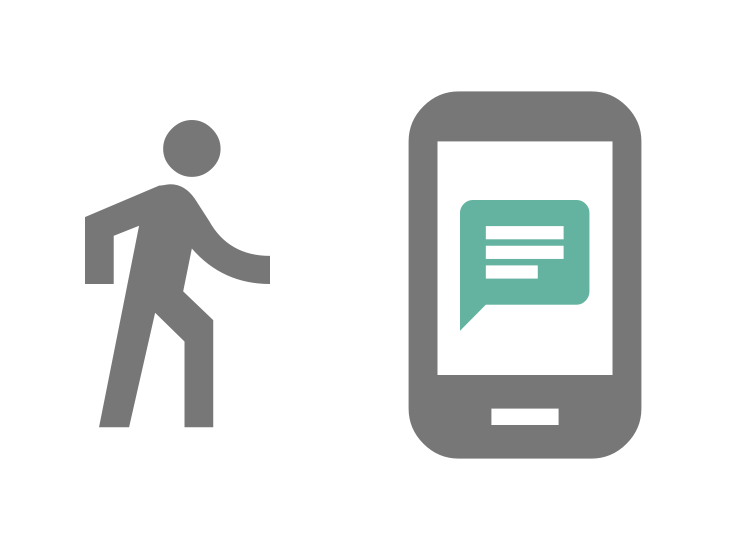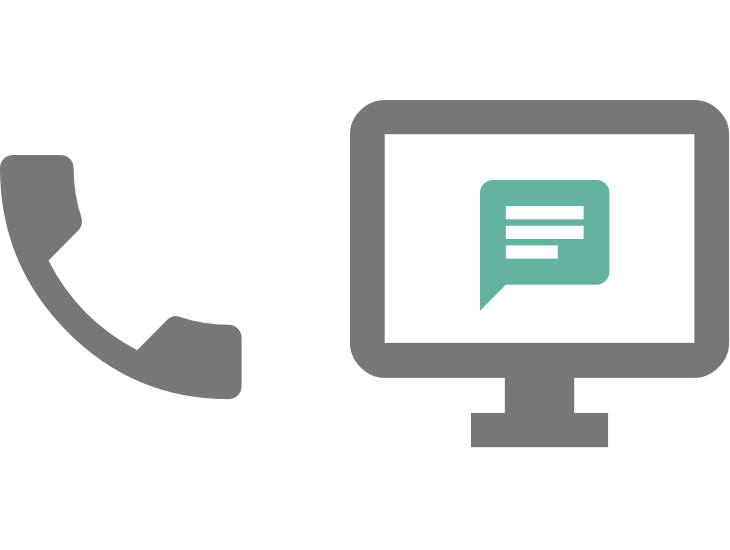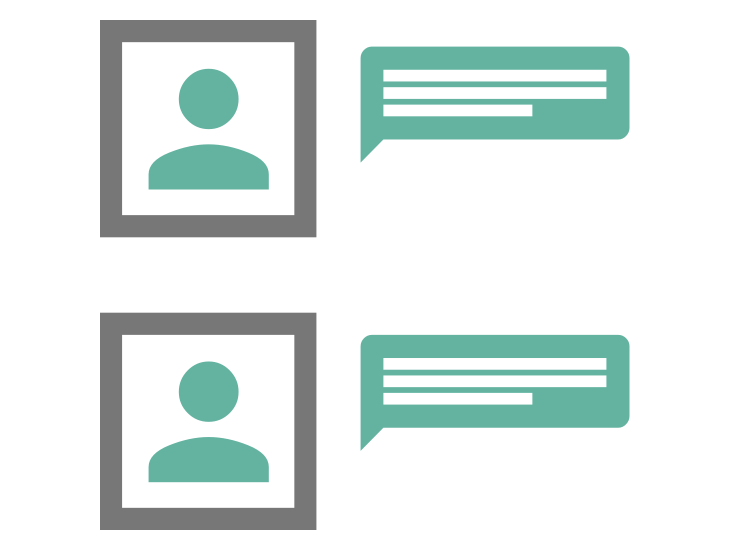GDLive Newsfeed
We check in with people at each stage of the cash transfer process to see how things are going. Take a look at some of their stories as they appear here in real-time.
Learn more about how recipients opt in to share their stories.

access_time
almost 3 years ago
Sidi
received a $489 initial payment.
"Early one morning, I left home for the water point and I didn’t carry my phone with me. When I returned home at around 8am, I saw an envelope like on the screen of my phone and I was wondering what it might be thinking that someone has tampered with the settings of my phone. I contacted my helper to see what it may be and to my surprise, it was a message that was received at around 6am from GiveDirectly stating that I have received a transfer of KES 55000.00. I was over excited since this was my 1st huge amount of money to receive from any source."
View Sidi's
profile

access_time
almost 3 years ago
Thabnu
received a $489 initial payment.
"Upon withdrawing the money, I bought 10 iron sheets for KES 9000.00 with a plan of building a new house since the one I had was old and very small. Thereafter, I bought a bicycle and a water tank of 300 liters capacity for KES 10000.00 and KES 3000.00 respectively. The bicycle aids me in fetching some water while the tank is for storing water. I also paid KES 15000.00 school fees for my 3 children who were ever being sent home for fees.
After settling the things I had prioritized, I saved the remaining amount for food and water for the family."
View Thabnu's
profile

access_time
almost 3 years ago
Ngube
enrolled.
"As a head of family I'm not employed and sometimes back I had opened up businesses but ended up closing them for lack of customers and at the moment, it is tough to get daily meal for my family so most times we sleep hungry hopping the next day we will get a single meal.
Our family is facing water scarcity that demands a lot of money 1 jerrican goes for 50 bob and a day we use over 5 jerricans for cooking, washing, and even feeding our animals. So having over 300 a day just for water is very hard, because we still have to cater for other needs like having emergency money set aside."
View Ngube's
profile

access_time
almost 3 years ago
Irene
enrolled.
"It is so easy to take some things we get in life for granted. I never thought that there would come a time that I would go to bed hungry. That I would lack food to feed my children and be forced to cook porridge for them to eat so that they at least have something in their stomach to sustain them through the night. This is not what I had in mind for my children.
I do not work and my husbands' income is not constant. When he sends money back home we are assured that we have food but once the money depletes we can stay without food for up to three days. The current drought has not made things easy for us, our farms are without food, there is no water for consumption and our livestock are dying. Things are worsening by the day and it is depressing."
View Irene's
profile

access_time
almost 3 years ago
Kangombe
enrolled.
"I have to wake up early as 2pm to walk long distances like 10 km from kanyalani to mwapala carrying 1jerrican of water, which cannot sustain the family because it's all used up, in cooking, washing utensils and bathing kids.
I have resorted to washing clothes once a month because I don't have washing soap and water is scarce, so my family are forced to live in unhygienic conditions and it's risky for my kids below 5 years as they are at risk of infections."
View Kangombe's
profile

access_time
almost 3 years ago
Katana
enrolled.
"I have stayed in this village for 14 years, I have a family of 7 kids, where I lost 5 kids to malaria, due to the current issues that our family is living in.
I lack proper housing, I previously have moved from 4 different areas where I was living in shacks and my houses didn't survive the strong winds and the rains, and at now when it rains, we have to stay awake or children sleep while standing as the sleeping area gets muddy.this makes me fear fear more that our children to be at risk of contracting more water borne diseases.
I am struggling to make my family live in a more comfortable way, at aleat a spacious house , this one doesn't have any privacy and I cannot even host other family members or friends.
Another challenge is the drought we are currently facing, I cannot afford 3 meals a day, so as parents we have to sacrifice for our kids to get at least one meal a day, we lost all our livestock and currently we have nothing to depend on."
View Katana's
profile

access_time
almost 3 years ago
Dhahabu
enrolled.
"I have been suffering from chest problems and severe fever for almost a month now. Since I separated with my husband, I got engaged in fetching water for a pay. The job is energy demanding. It takes almost two hours walking a distance of over 4km to make 50KES. I have to make four trips in a day, two for selling and the rest for my domestic use. This job has greatly contributed to my ill health. Since I have no other source of income, I have been taking natural herbs for my medication."
View Dhahabu's
profile

access_time
almost 3 years ago
Jumwa
enrolled.
"Drought worsened things in my village, I used to be a subsistence farmer, and back then food was easy to get but since the begging of the drought, food and water has been scarce. I have to buy everything but the money is also a problem to get."
View Jumwa's
profile

access_time
almost 3 years ago
Furaha
enrolled.
"That would be food. When it rained yesterday, we were hopeful it would continue. We're still hopeful. The drought has affected in terms of food and water. I hope the narrative changes for the better."
View Furaha's
profile

access_time
almost 3 years ago
Dama
enrolled.
"At my old age, I can't manage to walk for more than 30 kilometers to look for water. I have been left at the mercy of depending on my daughter in law who can only manage to get a 20 liters jerrican per day. I have not bathed for quite a while and now that the rains are back, I hope I will get enough water to bathe and clean my clothes."
View Dama's
profile





